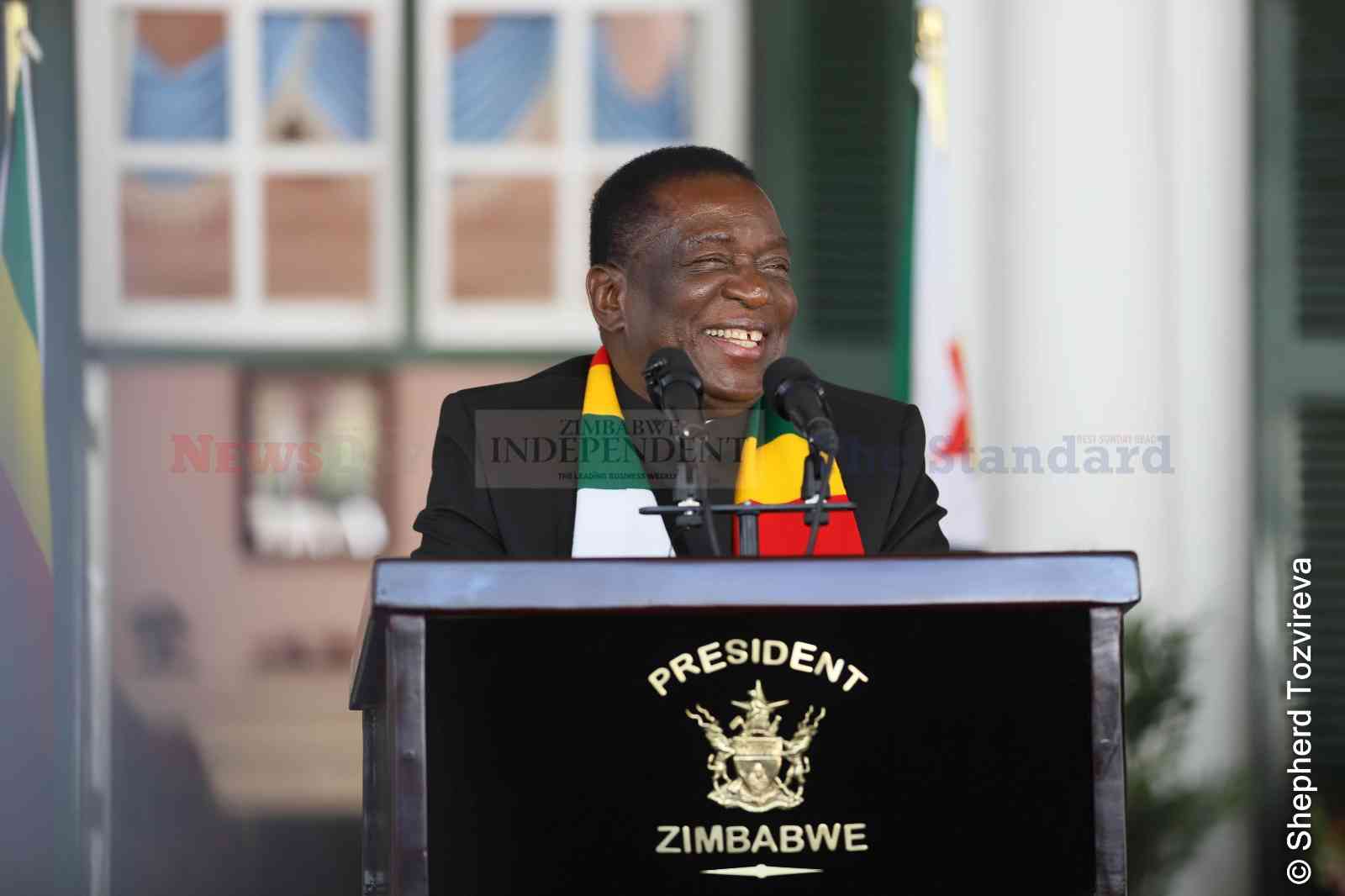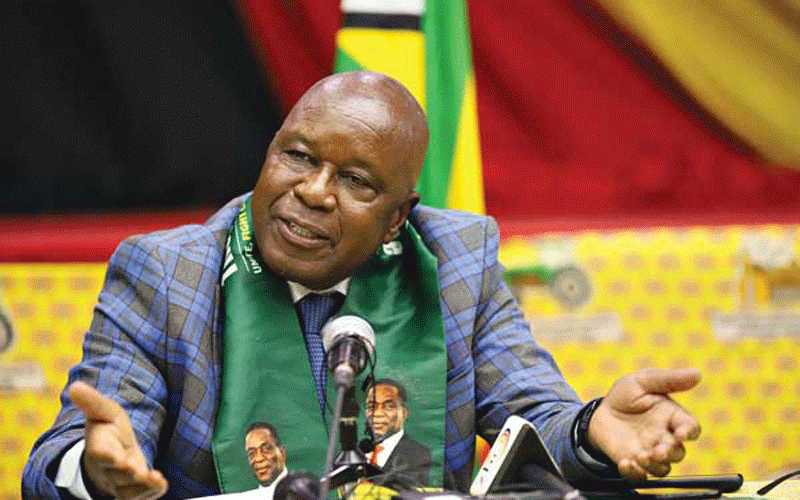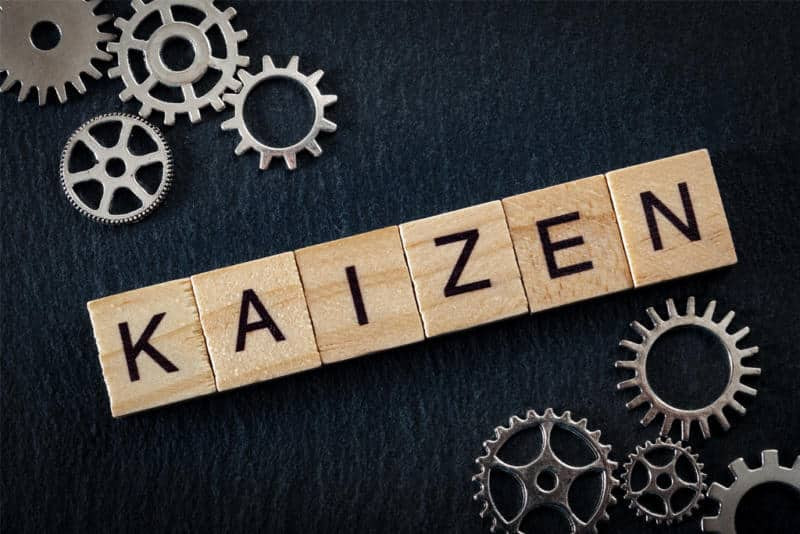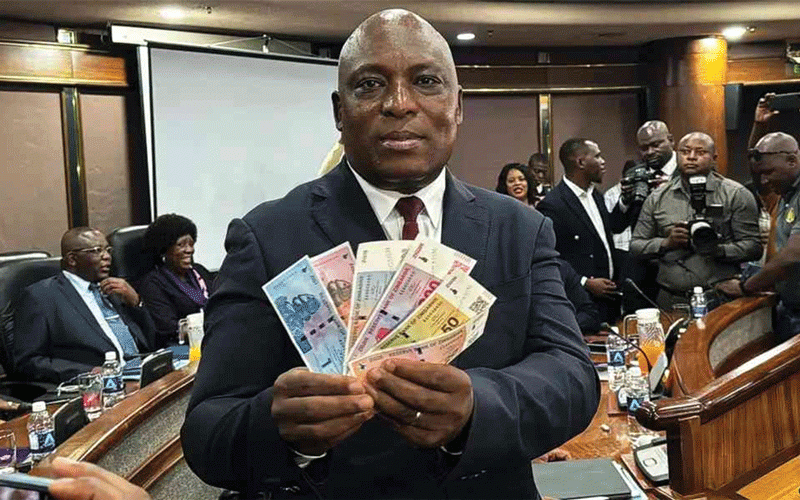
By Tapiwa Gomo
CRIMINALS broke into a homestead and stole everything, taking over the family means of livelihood. They pushed everyone to the periphery of the homestead and ordered them to remain there and obey their orders. The criminals proceeded to govern the homestead including their relationship with the former owners who continued to fight and dream of a day they would regain control of their homestead.
As the battle continued, with the criminals feeling pressure, they decided to make curious concessions.
One of the concessions was that if the former owners of the homestead obeyed the criminals’ laws, global principles of governance and not disrupt the normal economic functioning of the homestead, they would be allowed to build houses at the margins of the homestead and integrate with the families of the criminals.
This was seen as victory as it was framed as if the former owners were returning to their homestead even though they lost the power to own or control their means of production. Given that the criminals were producing food for everyone, why would everyone concern themselves with controlling the means of production. So it was party time.
This week’s instalment is inspired by an article published in Africa News titled, “We have legitimised wrongdoing under the umbrella of the rule of law,” written by Lindiwe Sisulu, the South African Transport minister and a senior member of the African National Congress (ANC).
The main theme of the article was that the South African leadership sold out on the key reasons the country went to war by being incorporated by the colonised capital.
It talks about how the economic freedom agenda, the main reason for which the liberation war was fought, was dumped, while political leadership stampeded for economic crumbs dished out by colonised capital. The rule of law was used to prevent economic reforms that would benefit the people as the senior political leaders feared losing access to colonial capital.
- Chamisa under fire over US$120K donation
- Mavhunga puts DeMbare into Chibuku quarterfinals
- Pension funds bet on Cabora Bassa oilfields
- Councils defy govt fire tender directive
Keep Reading
She further argued that it is for these reasons that Africans are living in abject poverty. While on the other hand we see politicians who never had anything at independence in 1994 now among the richest black people in the country.
She used this as an example of how colonial power has continued to reduce black people to nothing but employees and consumers, but never owners of the means of production in a context seen as democratic.
“Let’s not fool ourselves and one another; the primary motivation for the evils of colonialism was and still is economic. It is an organised crime; the robbery of other people’s land and resources; as well as the exploitation and despiteful use of their labour. It is also about the reduction of these people to mass consumers and exclusion from the ownership of the factors of production and wealth creation,” she wrote.
This could not have been said any better. Slave trade, colonisation and neo-colonialism and the entire way the global system is structured is economic. It is about control and allocation of roles in the economic arena.
Those at the centre define and determine roles, while those at the periphery play the roles as defined in the global script. The desire to fit in and be part of the global family has hijacked the liberation agenda in many former colonies, mainly African countries. Their leadership has been blinkered and blinded to ruling their people instead of developing them while adhering to global norms which carry limited favour for the marginalised.
The poor too have been made to internalise and accept this marginalisation. They have accepted the hierarchies and processes that do not necessarily create an appetite for genuine economic emancipation and wealth creation.
They have been ushered into an education system which celebrates degrees and securing employment instead of education for production on their own land or from their own companies.
Many parents continue to sell their important means of production such as cattle to send their children to school because education is seen as more vital than farming. And yet, the colonisers would rather retain their cattle and train their children how to farm and produce.
It is for this reason that it is now more fashionable to secure a job than pursue farming and that results in diminished appetite for farming and land ownership.
This is the current situation in South Africa where the land reform is on the political agenda and yet they are no takers because apartheid destroyed peasantry culture and an appetite for farmland.
Now everyone wants to be in tender business or to be a government supplier and yet their white counterparts are busy in the mines and on farms, creating more wealth the same way they did during the colonial period.
Addressing these anomalies requires tactful navigation, change of mindset among the people and sometimes a certain level of radicalism. Take for example, there are few agricultural and mining colleges in South Africa compared to other African countries.
The arousal of the hunger for land must be done alongside creating the knowledge and financial support to ensure sustainability.
Sisulu is a member of the ANC’s national executive committee and senior government minister and possibly a presidential candidate at the next ANC congress.
It would be interesting to see how she will pursue these views in a context where black political leadership has limited power and where the rest of power lies with the same colonised capital that controls the economy and the judicial system.
- Tapiwa Gomo is a development consultant based in Pretoria, South Africa. He writes here in his personal capacity.











